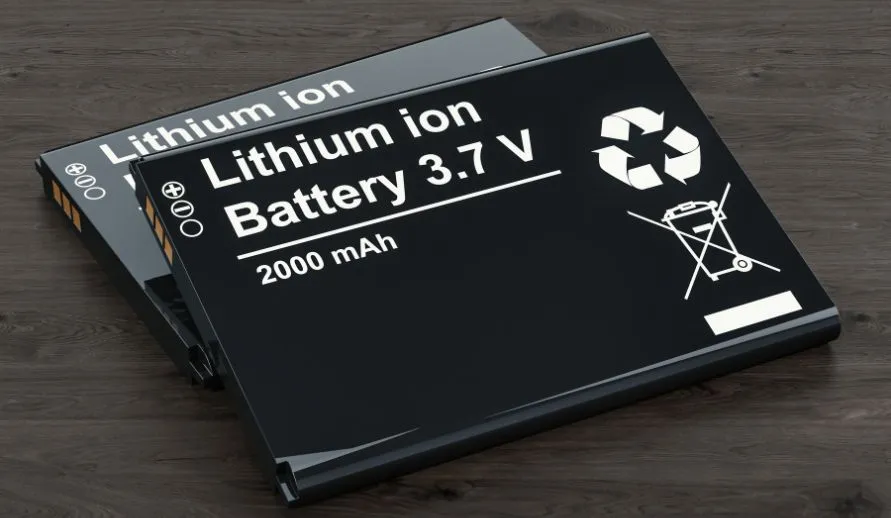Deposit for all batteries and rechargeable batteries?
Many batteries and lithium-ion batteries still end up in normal household waste or directly in nature. On the one hand, this means that they are left out of the recycling cycle and, on the other hand, it repeatedly causes fires in waste collection vehicles and at recycling companies. As a solution to these problems - in addition to stricter controls and penalties - a mandatory deposit for batteries and rechargeable batteries is repeatedly discussed.
Similar to the bottle deposit, this would incentivise consumers to dispose of their batteries and rechargeable batteries correctly. The deposit would also draw additional attention to batteries. For small products such as music greeting cards in particular, the deposit would make more people aware that they contain a battery that needs to be disposed of separately.
The disadvantages of a battery deposit are, on the one hand, the additional costs for retailers and, on the other hand, the higher costs for consumers who handle batteries and rechargeable batteries responsibly even without a battery deposit. For users who have not yet disposed of their batteries properly, a (small) deposit may not be a sufficient incentive to change their behaviour - especially if the cost of reimbursement is high. If long detours or greater effort have to be accepted compared to the previous system, the recycling rate could even deteriorate.
It would therefore be important for a battery deposit system to be as easy and convenient as possible for consumers to use and to be associated with low costs for companies.
Example: Car battery deposit
Currently there is already a deposit obligation for batteries in Germany, namely for car batteries. If you have your starter battery replaced at a garage, you won't even notice. However, if the car battery is purchased separately, a deposit of €7.50 must be paid. If the customer later returns a car battery to the same dealer with a receipt, the battery deposit will be refunded.
The background to the battery deposit for starter batteries is that they are mostly lead-acid batteries. Car batteries therefore contain valuable raw materials on the one hand and are dangerous for people and the environment on the other. It is therefore important that they are disposed of properly and recycled as much as possible.
Good to know: Even if you buy from an online retailer such as Amazon, Batterie24, Autobatterienbilliger or Batterium, you have to pay a car battery deposit. As returning the old battery is usually not an option, it can also be handed in at a brick-and-mortar retailer or recycling centre. There, however, the customer does not receive the deposit, but a battery disposal certificate. With this proof, they can then get the battery deposit back from the original retailer.
The effort for dealers and consumers is rather high with the car battery deposit, as the deposit is only refunded by the dealer from whom the battery was purchased. At the same time, the collection points are facing a high organisational effort.
A deposit system for all batteries and rechargeable batteries should therefore be simplified.



